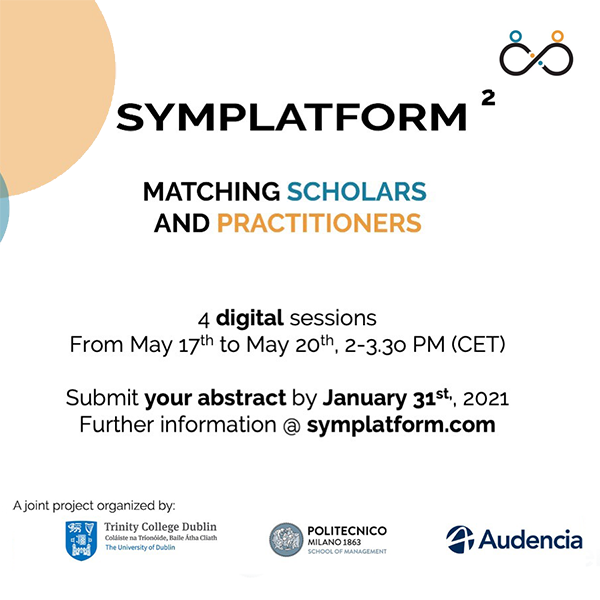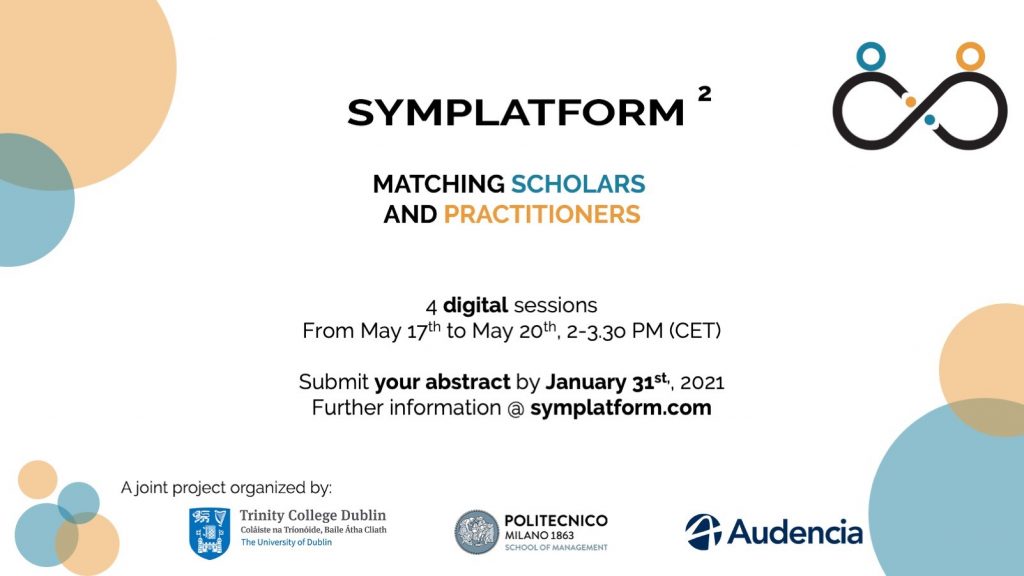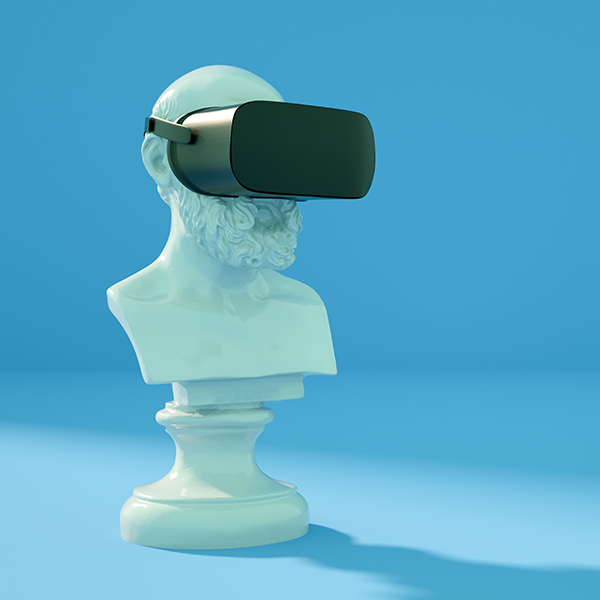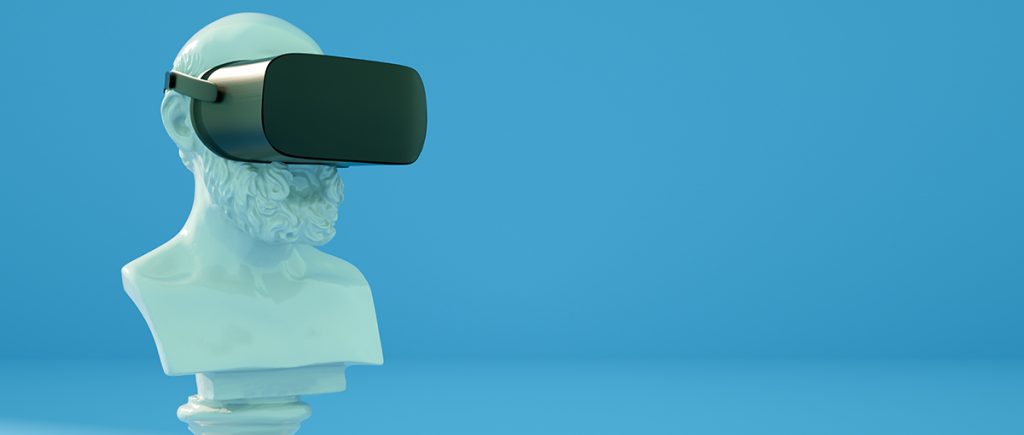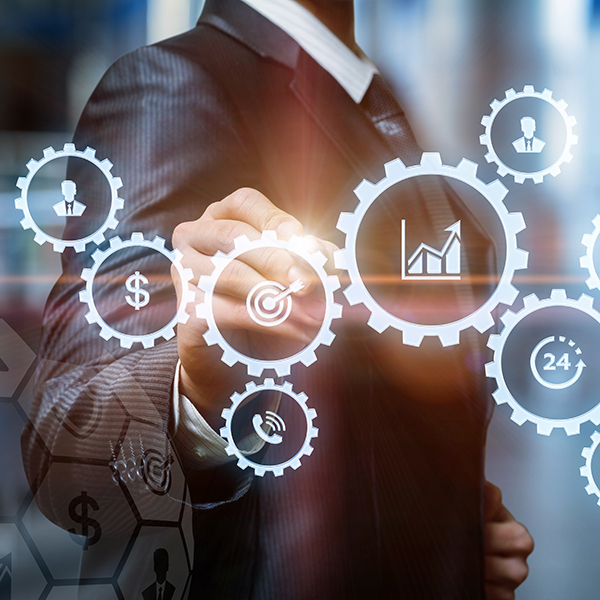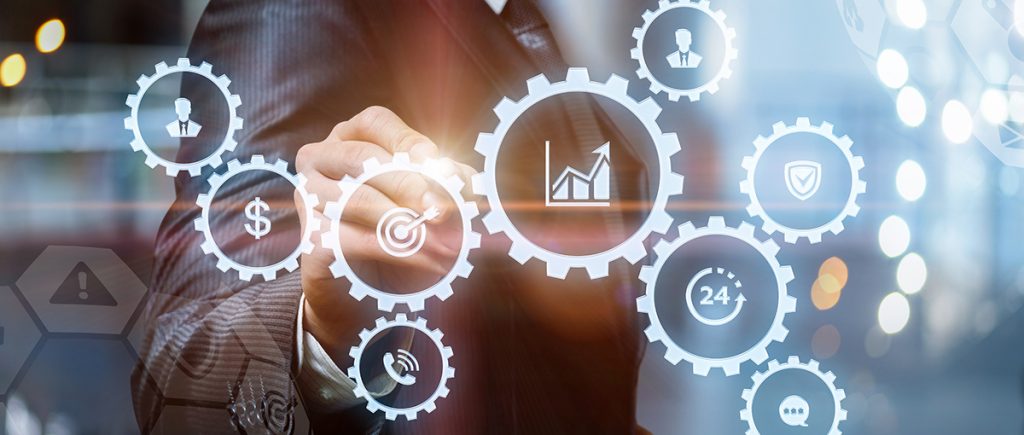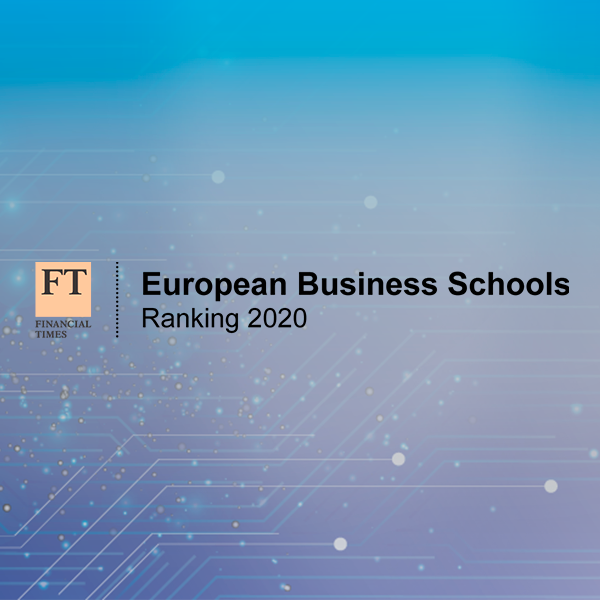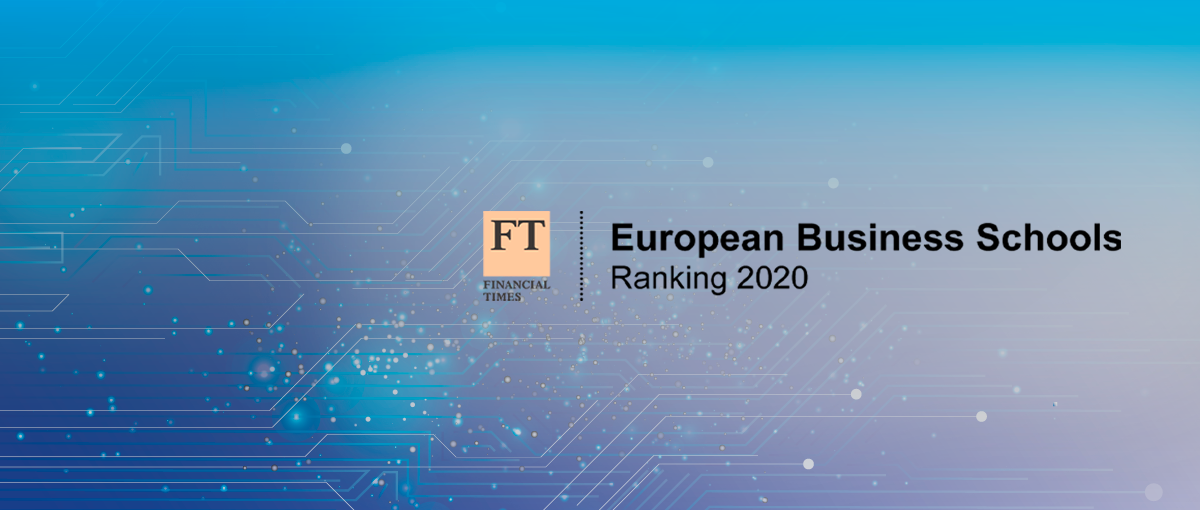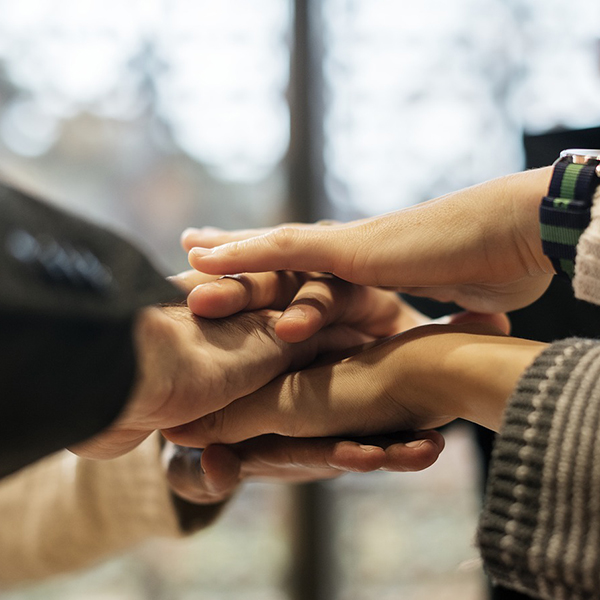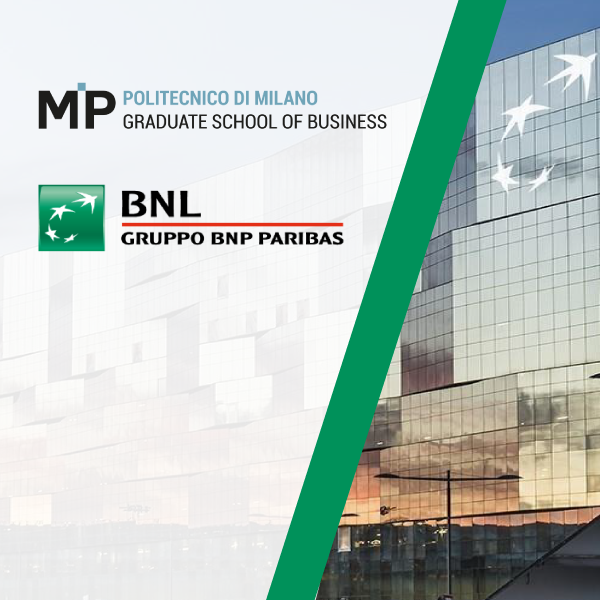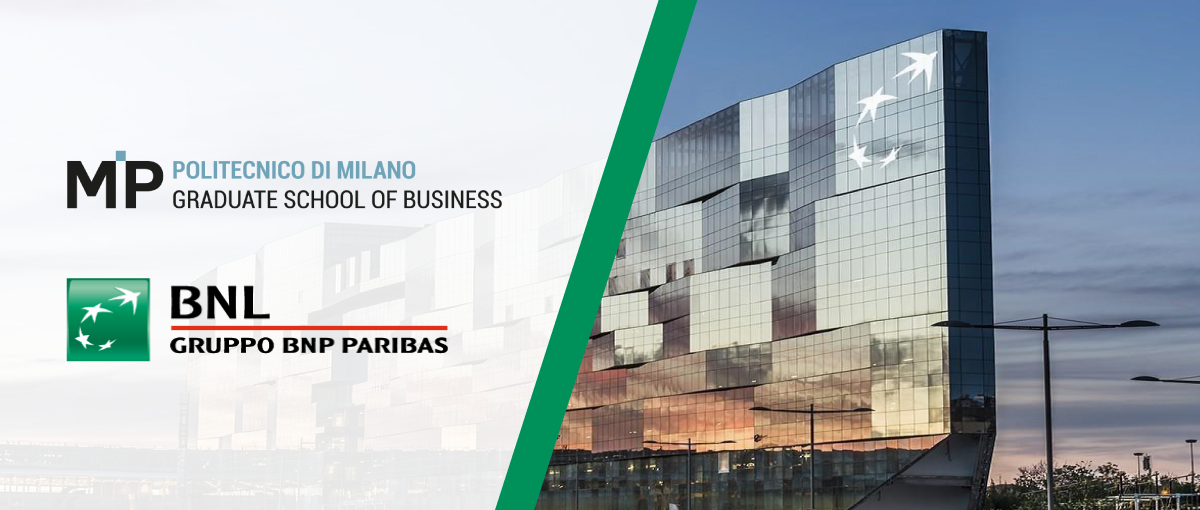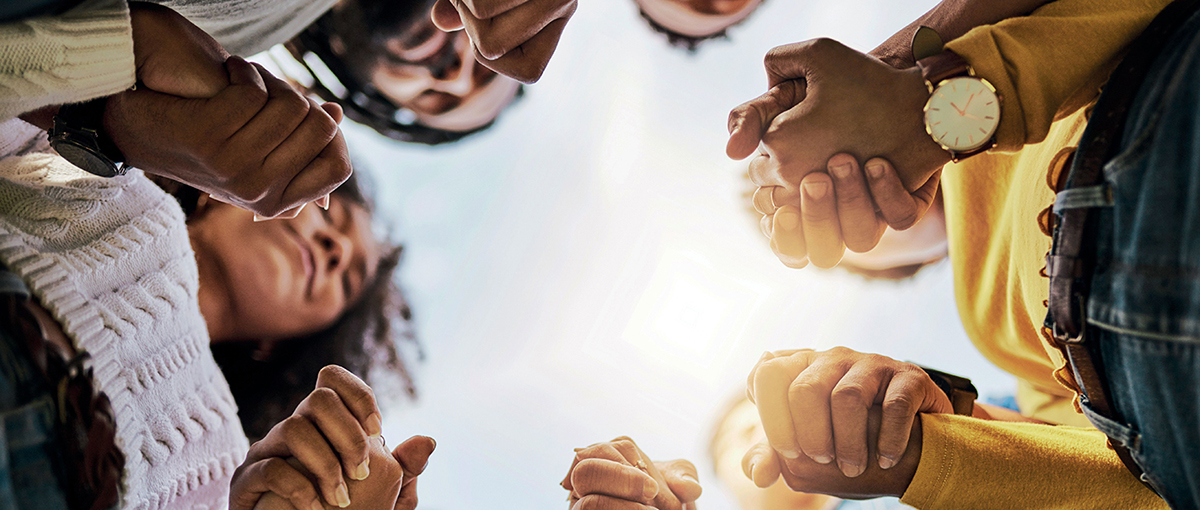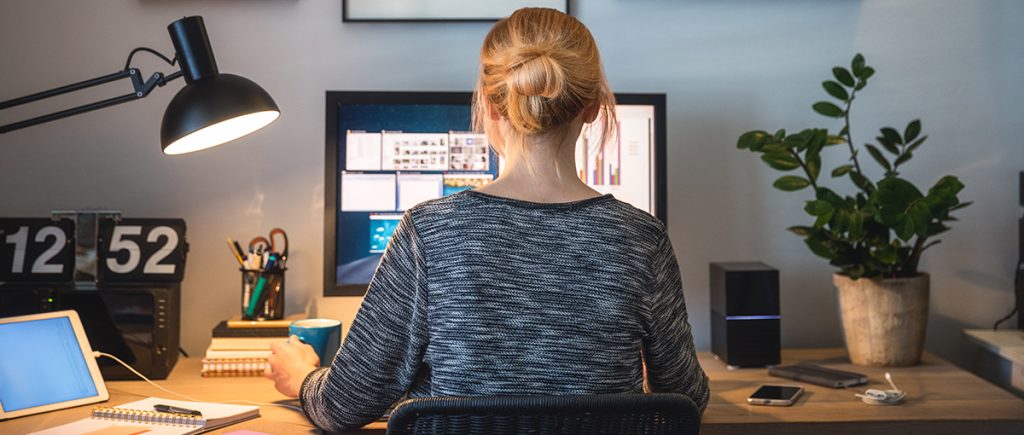
More research is done individually and women in the Italian academy have returned to university environments less than their male colleagues
The pandemic also has an impact on the way research is carried out and consequently on the way university environments are experienced. An interdisciplinary research group at the Politecnico di Milano, consisting of Gianandrea Ciaramella, Alessandra Migliore and Chiara Tagliaro from the Department of Architecture, Construction Engineering and Built Environment (DABC) and of Massimo G. Colombo and Cristina Rossi-Lamastra of the Department of Management Engineering (DIG), collected the experiences of 8,049 university academics (49% women, 51% men, average age 51 years) throughout Italy between 24 July and 24 September 2020.
University researchers, like other high-capacity workers, have changed their ways of working because of the Covid-19 pandemic. The implications of this phenomenon, which the research group calls Covid-working, are multiple, particularly in terms of organising the space for their work. The questions addressed to the academics concerned the way of carrying out research (individual or collaborative) and the spaces used to carry out their research activities (as research enablers) in the period before and during Covid-19.
The results show very clear trends. Firstly, the data shows a general trend towards a more individualised approach to research activities compared to the pre-Covid period. Due to physical distancing, research has become an activity that is more individual than collaborative. In particular, researchers in the Life Sciences (LS) and Physical Sciences and Engineering (PE) are moving from work mainly balanced between individual and collaborative research to research that is drastically more individual (from an average of four times per week at the university to little more than once). Researchers in the field of Social Sciences and Humanities (SH) undergo a less drastic “individualisation”, as they are already used to this kind of activity.
Second, with the progressive relaxation of the lockdown, a different scene is playing out in the return to university spaces: gender differences are emerging in terms of workspace organisation. In fact, at the end of the first wave of the pandemic, most women continued to do research from home, while men started to use other workplaces to a greater extent: not only the university, but also third-party spaces such as laboratories and public libraries. This trend already began to take shape during the first period of severe social restrictions.
Women seem to be penalised, in particular, because in the pre-Covid era they used shared spaces in greater numbers than men and now, because of the need for physical separation, they find it more difficult to return to their usual place of work. In fact the data shows that men, during the gradual reopening of university campuses, have returned more than once a week to their predominantly single offices, while women, with predominantly shared offices, work from home more than their male colleagues (4-5 times a week).
The first results of the analysis therefore show how research is becoming more individual in general (the percentage of collaborative research activity increases from 42% pre-Covid-19 to 31% today, while individual activity increases by about 10%) and how men, both before and during Covid-working, have more access to diverse working environments. The effects of this new organisation of work are still to be studied in depth, especially with reference to the categories most penalised: not only women but also young researchers who, according to the data collected, have suffered a substantial decrease in their collaborative research activity at a crucial stage of their academic career.
The data on Italian researchers therefore raises important questions about the impact of the COVID-19 pandemic on the characteristics and quality of scientific research:
- Is there is a causal relationship between individual or collaborative research activities and the spaces available? Will the space for scientific research maintain its primary function as a meeting point between the individual and the collective dimension?
- What is the impact of new ways of spatial organisation of research activities on the home-work balance and the production of scientific results? Is it the same for men and women?
- How can university campuses of the future be redesigned to fully promote equal opportunities in research and career progression? How much can physical space favour these objectives?
For more information, read the press release.

